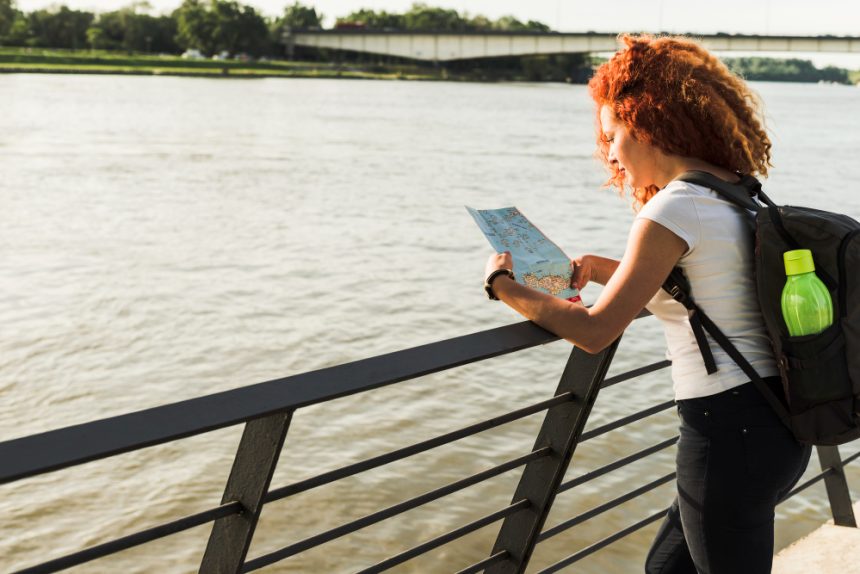Travel, in all its forms, has long been celebrated as one of life’s most powerful teachers. Yet among grand adventures and faraway destinations, there exists a subtler, often underestimated kind of journey—the short trip. A weekend escape, a day spent wandering an unfamiliar town nearby, or even an afternoon at a new café across the city can rewire one’s sense of perception. These brief detours from the habitual rhythm of daily life reveal that transformation doesn’t always require a passport stamp or months away from home. Sometimes, a few miles are enough to shift how we interpret the world and our place within it.
Short journeys awaken a dormant sense of curiosity. When we leave behind familiar surroundings, even for a short while, the mind begins to widen its focus. Suddenly, the details that seemed invisible before—a line of trees, a stranger’s accent, the pattern of light on an unfamiliar street—become vivid and instructive. This awareness is not only sensory; it is cognitive. The brain, removed from its repetitive environment, is free to make new associations and question long-held assumptions. A short trip, therefore, acts as a cognitive reboot—one that gently interrupts habitual thought patterns and encourages flexible thinking.
Beyond intellectual stimulation, these small-scale travels remind us of the emotional texture of presence. When we journey without the burden of time pressure or extensive planning, we engage more instinctively with experiences. The mind softens, allowing spontaneous conversation, unplanned exploration, and moments of genuine connection. This loosened state of awareness often results in clarity—ideas that seemed tangled before suddenly align, revealing creative or emotional solutions that routine had obscured.
Moreover, compact adventures highlight an essential truth about perception: distance amplifies appreciation. When we step away from home, even slightly, we begin to see our own environment with renewed gratitude. A short break in a coastal village might make a city dweller rediscover the quiet joys of slower living; a countryside walk can inspire appreciation for modern convenience once back home. In essence, travel both near and far acts as a mirror—reflecting who we are, what we value, and what we have overlooked.
When we speak of “travel changing perspective,” we often imagine distant continents or immersive cultural exchanges. Yet the same dynamics take root even in a single afternoon away from the ordinary. Short trips provide just enough distance to reorient the senses and challenge our assumptions about normalcy. From a psychological standpoint, this mild dislocation helps the mind to step outside established identity boundaries. We start observing rather than merely reacting; we notice patterns in ourselves—our fears, preferences, and biases—that routine usually conceals.
The emotional outcomes of such micro-journeys can be surprisingly profound. When people temporarily remove themselves from their habitual settings, emotional elasticity tends to increase. They become more patient, tolerant of uncertainty, and open to ambiguity. Whether navigating an unfamiliar public transportation system or communicating in a slightly different dialect, travelers cultivate humility and adaptability. These experiences build empathy—an understanding that every environment, culture, or community has its own rhythm and wisdom. Even a short immersion in another lifestyle can dissolve stereotypes and foster compassion, one of travel’s most enduring gifts.
Culturally, compact adventures blur the boundaries between “home” and “away.” A weekend exploring a nearby ethnic neighborhood can open a world of unfamiliar cuisine, traditions, and human connection. Such encounters, though brief, remind us that diversity is not confined to distant lands—it’s interwoven into the fabric of our immediate surroundings. When we begin to see cultural variety within our own borders, our worldview expands exponentially. The result is a deeper respect not only for other ways of living but also for the complex mosaic of humanity as a whole.
On a neurological level, even short travels can rewire mental pathways. Novelty stimulates the brain’s reward centers, encouraging learning, memory formation, and creative thought. That sudden spark of inspiration a traveler feels after a day in a new place is not simply romantic; it reflects actual neural change. The unfamiliar environment engages multiple sensory systems at once, building new connections and promoting cognitive flexibility. This is why returning home after a brief escape often brings fresh motivation, clearer judgment, and renewed energy.
Ultimately, the beauty of short travel lies in its approachability. It requires neither vast resources nor extensive planning, yet it delivers disproportionate insight. These compact adventures teach that transformation doesn’t depend on distance, but on awareness. Each time we step beyond the confines of familiarity—even for a few hours—we practice openness: to new people, new ideas, and new aspects of ourselves. In doing so, we learn that perspective is not a fixed property of mind, but a living experience that travel—no matter how brief—has the remarkable power to reshape.









